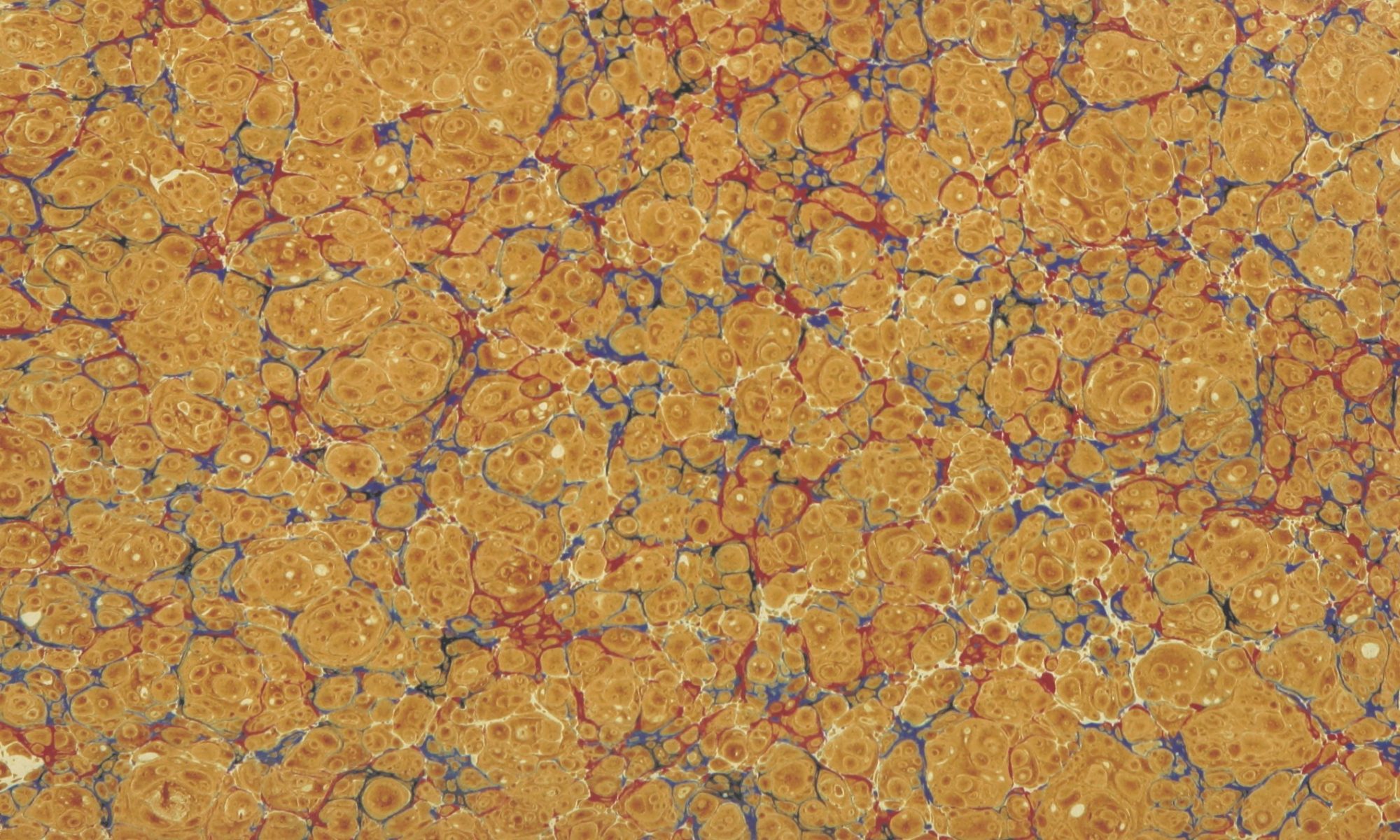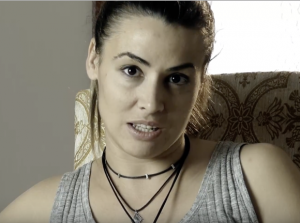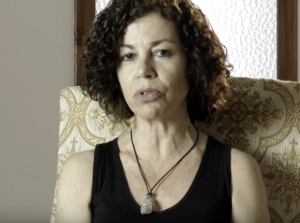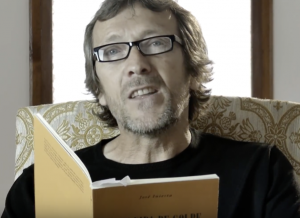
Breakfast
Translated by Jorge Sarasola (University of St Andrews)
I like it when you say silly things,
when you put your foot in it, when you lie,
when you go shopping with your mom
and I am late to the movies because of you.
I like you even more when it is my birthday,
and you lavish me with kisses and cakes,
or when you’re happy and it shows,
or when you are witty with a single phrase
which sums it all up, or when you laugh
(your laugh is a shower in hell),
or when you forgive my forgetfulness.
But I like you even more, so much
that I almost can’t cope with it,
when, full of life, you wake up
and the first thing you say is:
“I am ravenous this morning,
I’m going to start breakfast with you.”
El desayuno
Me gustas cuando dices tonterías,
cuando metes la pata, cuando mientes,
cuando te vas de compras con tu madre
y llego tarde al cine por tu culpa.
Me gustas más cuando es mi cumpleaños
y me cubres de besos y de tartas,
o cuando eres feliz y se te nota,
o cuando eres genial con una frase
que lo resume todo, o cuando ríes
(tu risa es una ducha en el infierno),
o cuando me perdonas un olvido.
Pero aún me gustas más, tanto que casi
no puedo resistir lo que me gustas,
cuando, llena de vida, te despiertas
y lo primero que haces es decirme:
«Tengo un hambre feroz esta mañana.
Voy a empezar contigo el desayuno».
Foto de José del Rio Mons CC-BY (Wikipedia)






